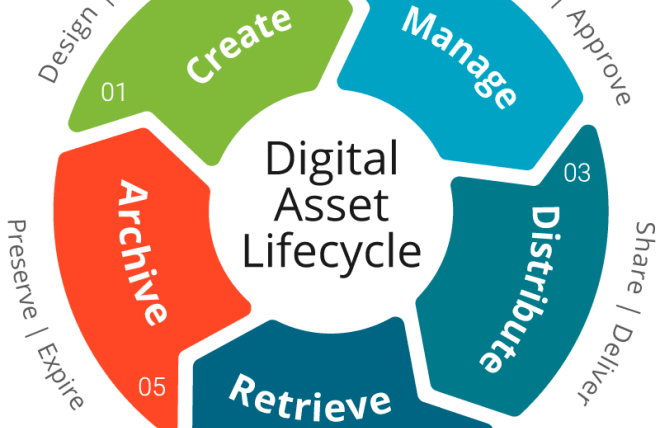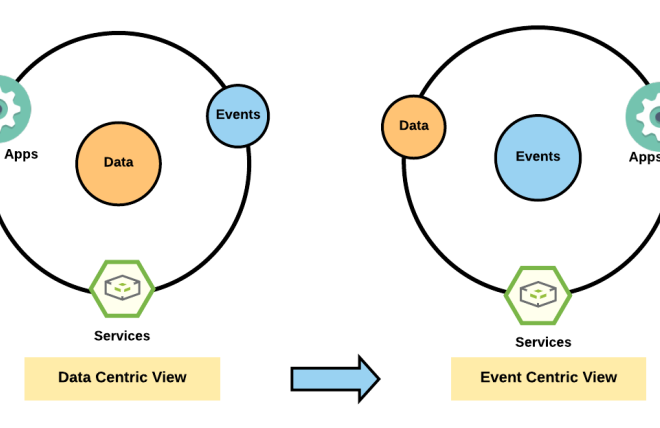
Replatforming your commerce engine can be a substantial undertaking, both in terms of time and resources. It involves migrating your entire e-commerce infrastructure to a new platform or technology stack. While replatforming can offer numerous benefits, such as improved performance, scalability, and flexibility, it can also be wasteful in certain situations, especially when you're not fully utilizing the features of your existing platform. Here are some reasons why it might be wasteful:
1. Resource Allocation: Replatforming requires a significant investment in terms of money, time, and human resources. It involves planning, development, testing, and migration efforts. If your current platform already meets your essential business needs, reallocating these resources towards optimizing and maximizing the use of existing features may provide a better return on investment.
2. Learning Curve: Transitioning to a new commerce engine often requires your team to learn and adapt to a new technology or platform. This learning curve can result in decreased productivity and potential errors during the transition period. If you're not fully leveraging your current platform, investing in training and optimization could be more efficient than switching to a new one.
3. Data Migration: Migrating data from one platform to another can be complex and error-prone. If you're not utilizing all the features of your current platform, it might be unnecessary to migrate irrelevant or unused data to the new platform. This could lead to additional costs and complications.
4. Business Disruption: Replatforming typically involves a period of downtime or reduced functionality during the transition. This can disrupt your business operations and potentially lead to revenue loss. If your existing platform is serving your needs adequately, it may not be worth the disruption caused by replatforming.
5. Feature Evaluation: Before deciding to replatform, it's essential to thoroughly evaluate the specific features and functionalities that you're not currently using. Are these unused features critical to your business goals? Could they provide a competitive advantage if implemented correctly? If not, it may be more sensible to focus on improving the areas of your current platform that are directly relevant to your business objectives.
6. Vendor Lock-In: Switching to a new commerce engine can lead to vendor lock-in with the new platform provider. Once you've invested time and resources in the migration, it can be challenging to switch back or move to a different platform if the new one doesn't meet your expectations.
In summary, replatforming should be a strategic decision driven by a clear understanding of your business needs and objectives. If you're not using all the features of your existing platform, it's crucial to assess whether the unused features are genuinely valuable and align with your goals. In many cases, optimizing your current platform and fully utilizing its capabilities can be a more cost-effective and efficient approach than undergoing a full replatforming effort.
Feasible Commerce can help you with evaluating if replatforming is a valid investment or if there are other ways to grow and optimize your digital presence. We can also help you with your vendor selection process.
Reach out to have a conversation with our team -
http://feasiblecommerce.com/index.php/home/contact




